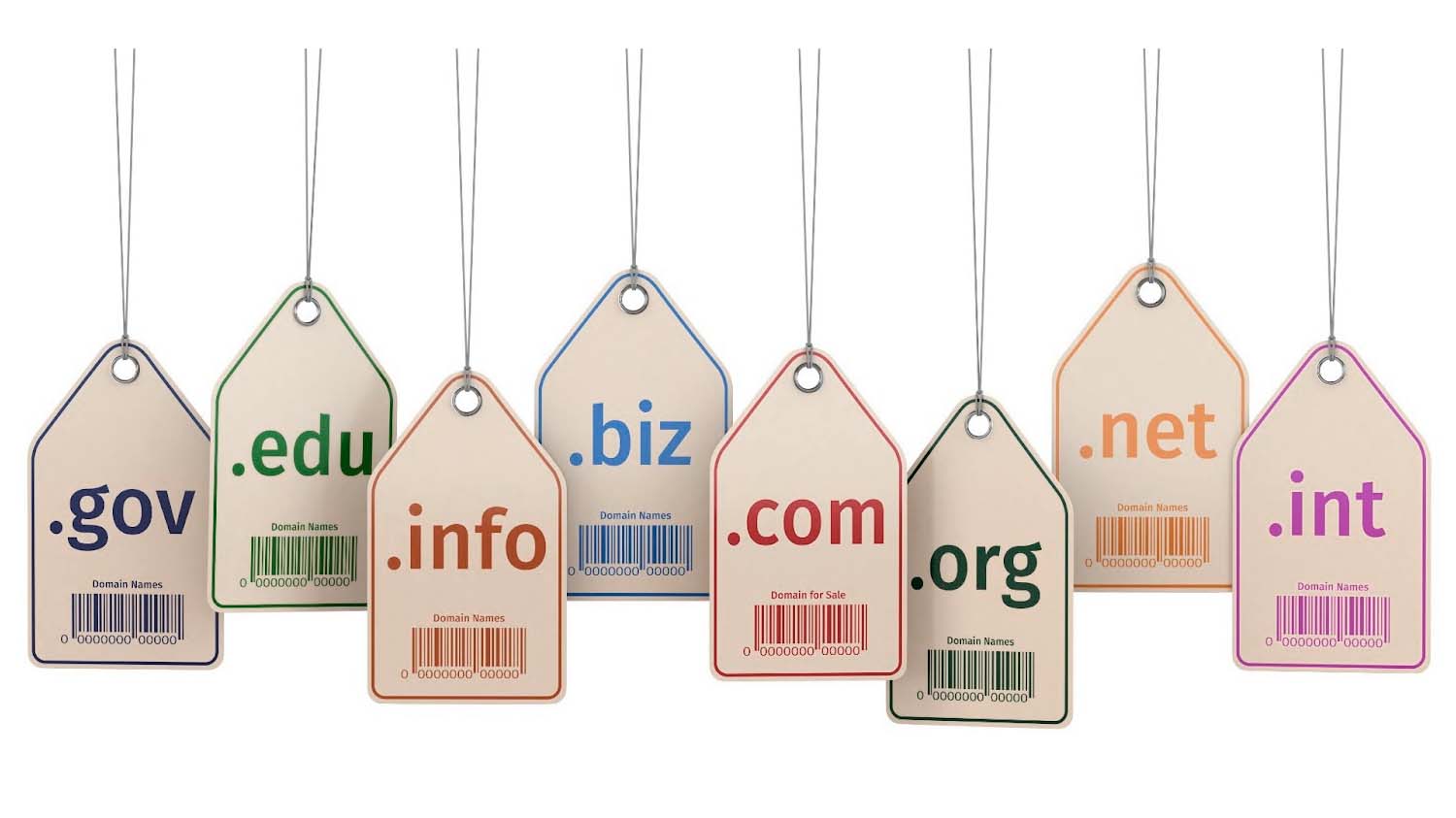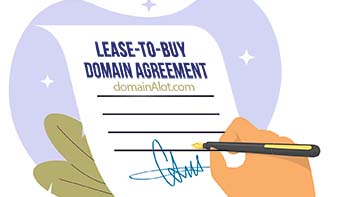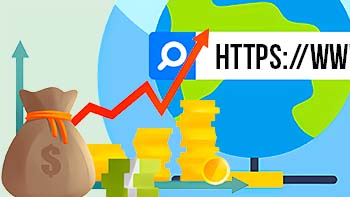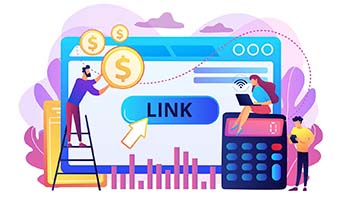Domain Appraisals: Why Automated Tools Often Miss the Mark
How major registrars built a system that profits from your digital assets

In the digital age, domain names are more than just web addresses, they're branding tools, investment assets, and sometimes lottery tickets. With the rise of automated domain appraisal tools from companies like GoDaddy, Estibot, and others, it's tempting to plug in a name and take the number they generate at face value. But if you're buying, selling, or investing in domains, here's the uncomfortable truth: most AI-powered domain valuation tools oversimplify, overpromise, and often mislead.
Let's talk about why.
The Problem with Automated Domain Appraisals
At a glance, tools like GoDaddy's Domain Appraisal seem helpful, especially if you are new to selling domains. They give you a number, maybe even a range, and tell you if a domain is "Premium." Sounds great, right?
Not so fast. You see, there's a number of problems using appraisal tools.
They Rely Heavily On Keyword Trends And Comparables
Nearly all AI valuation models focus on a set number of variables, including:
- Recent sales (trends).
- Sales of "similar domains."
- Traffic data.
- Keyword relevance.
- Domain length.
But domains aren't stocks. There's no centralised market, no standard pricing, and no index. Every name carries subjective value tied to brand potential, memorability, and context.
They Ignore Nuance
Would you value "Facebok.com" the same as "Facebook.com"? Or even "Google.com" the same as "Gogel.com"? Of course not. But AI often struggles with nuances like brandability, potential for trademark conflict, cultural meaning, or industry-specific jargon.
The Numbers Create False Confidence
When generating a "value", AI is unable to understand the human aspect of buying goods. More specifically, that more often than not, it's a question of need, not price. Luxury brand goods understand this and often choose not to place price tags on items because the shopper should want the item, not focus on the cost of acquiring it. Hence the expression, "If you have to ask the price, you can't afford it."
When a domain name has been registered and the owner is offering to sell it for say $9,000, it's no longer a commodity. It becomes a luxury item, a "Premium Domain," and the same purchase incentives that facilitate shopping for physical luxury goods such as Rolex, Dior, or Hermês etc. apply. AI does not understand this because it's emotional based. In other words, a Rolex watch is known for its quality, and Dior for haute couture, but what qualities do you associate, or use to define a domain? By assuming that the shorter the domain, the better it must be, or by believing that Gogel is almost as good as Google, which has tremendous traffic, and so must therefore be comparatively valued, are measurements that in reality do not correlate with our perception for what defines a luxury item, or a "Premium Domain."
A domain listed at $9,000 on GoDaddy's appraisal might be unsellable, while a two-word phrase appraised at $500 could land a $30,000 sale if it hits the right shopper in the right industry at the right time.
Let's Look at the Big Leagues
To understand how domain valuations really work, it helps to look at some famous sales that not only defined, but broke the mould:
Voice.com
Voice.com sold for $30 million in 2019.
Purchased by Block.one, the crypto-focused company behind EOS.io, Voice.com became one of the most expensive domain sales in history. No automated tool came close to predicting that value. The name was short, powerful, brandable, and ideal for a broad communications platform. But what was the real driver behind this purchase? A motivated buyer with deep pockets and a clear vision.
Insurance.com
Insurance.com sold for $35.6 million in 2010.
Purchased by QuinStreet, an online marketing firm, this sale was more than a domain purchase, it was the acquisition of traffic, brand authority, and SEO value. The name alone would get massive type-in traffic, and again, AI tools would never have captured that strategic business value.
These sales are just two examples of committed buyers who inadvertently shaped expectations and drew attention to the domain market, but they also created false hope. For every eight-figure blockbuster, there are tens, if not hundreds of thousands of domains sitting unsold, and sitting more often than not for years.
The Domain Market: Overflowing and Underperforming
Today's domain marketplaces (like Sedo, Dan.com, Afternic, and others) are bursting at the seams with inventory. Many sellers have stockpiled domains, hoping for a big payday. And why wouldn't they? Automated tools often show inflated values, encouraging sellers to price their assets unrealistically high.
But the hard truth?
Most Domains Don’t Sell. They Never Have.
Even some seemingly great names can sit untouched for years. Why?
- There are simply too many similar options in the market. A fact that has been exacerbated in recent years by the continual release of new top level domains.
- Domain owners set prices based on flawed appraisals.
- Despite what registrars may promote, there is a lack of real end-user demand. I.e. There are far more domains being registered daily then there are web sites being created to fill those domains.
- Domain owners selling to other domain owners is a "closed loop." This does not represent an expanding market but simply shows how the market has developed, i.e. as a reorganisation of assets within it.
The illusion perpetuated by domain registrars and their self-fulfilling AI appraisal tools is that your domain could be or is already worth thousands. If it's not, then you can register another one that is, or will be. This used to be called sales tactics, in fact, in any other market space it still is, but domain owners have been brought to believe that rather than sell and transfer their domains for the value the market actually values them to be (offers received), they should instead hold out indefinitely, hoard, and miss out on more reasonable offers or practical uses for the name.
So How Should You Really Appraise a Domain?
It's important to recognise certain market factors. The domain registrars themselves, who now own the vast majority of domain marketplaces, have no interest in you selling your domain for what paid for it, or even for what the market believes it to be worth. The vast majority of domain marketplaces work by commission, and a hefty one at that, often over 20 or even 30 percent. In other words, the more money you can get from selling your domain, the more money they will earn, and if you are not able to sell it, you are likely to renew it. Renewal fees are high, so for a domain registrar it's a lot like earning annual rent from your domain, while they wait for you to sell it to get a larger cash sum, and of course, they will then get new rent from the new owner. Again, a "closed loop."
Despite the hold that registrars have been able to take, a more realistic domain valuation process combines data, human judgment, and context. So, for the sake of argument, here's a better, fairer approach:
Look At Real Competitors With Context
Use tools such as NameBio.com to find verified domain sales, but make sure you compare "apples" to "apples". "HealthInsurance.com" might sound as good as "EasyInsureNow.com", bit it isn't the same, even if they both contain "insurance."
Consider Actual Brand Potential
Is it easy to say, spell, and remember? Could it be a startup name, or does it sound like a typo? Ask branding experts, or reach out to domainAlot.com if you're unsure.
Check Age, Backlinks, And Traffic
Older domains with organic traffic or SEO juice can carry real value. Tools like Ahrefs, Moz, and Google Search Console can give insight. While this metric doesn't impact the emotional motivation behind a domain purchase, if the domain has a history, it can certainly be a motivating factor in providing traffic from the get go.
Think Like A Buyer
Who would actually want this name, and why? What could they do with it? If you struggle or can't answer that, chances are that no one else can either, and the domain is not highly valuable.
Get Human Opinions
There was a time when domain brokers solicited their services and received payment on the successful sale of the domain. Nowadays, the registrars want a flat-fee payment in advance with no guarantee of sale, and an additional commission of up to 30 percent should they succeed. But there are still domain appraisal communities out there, and industry veterans who can give you honest feedback. Often, experienced domainers can sense value far better than any algorithm ever can.
Final Thoughts
AI domain appraisals aren't completely useless, they can provide a rough floor value, or a sense of keyword relevance. But that is where their value ends. Trusting them blindly is like trusting an overseas estate agent to price your house without having visited the neighbourhood, or even the country first. Domain names are unique, fluid assets, and their true value lies in a mix of timing, branding, demand, and negotiation.
The market has matured greatly in recent years, and while the gold rush days of domain flipping aren't what they once were, there's still real value in Premium Domain Names, if you understand how to spot them.
If you're serious about domain investing or looking to buy/ sell a domain, lean on data, experience, and human input, or better still, Contact domanAlot.com. Because they are a Zero Commission domain broker, they have no interest in over-valuing your domain, only helping you achieve your domain ambitions. No matter how you choose to value your domains, remember, AI is a tool, not the whole toolbox.





